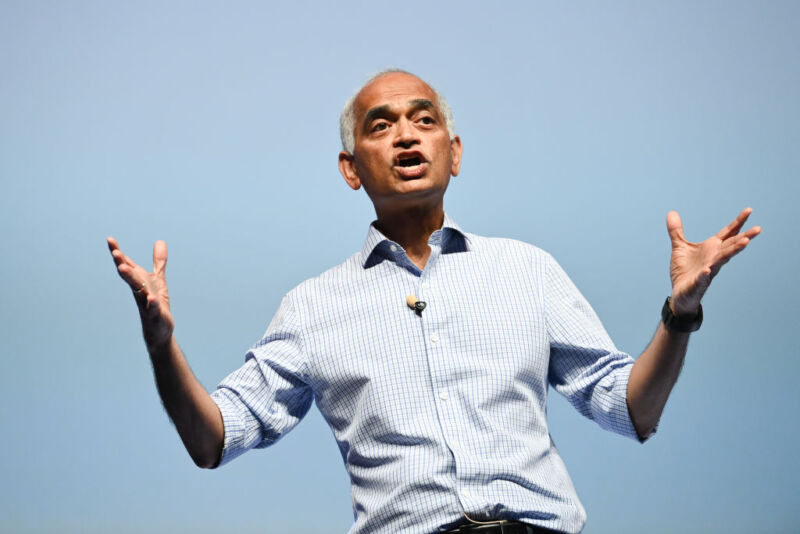
The Department of Justice called its last witness this week, resting its case in a blockbuster antitrust trial probing Google’s alleged monopoly over search. Over the next five weeks, Google will do everything in its power to defend against those allegations—or else risk a potential breakup of its lucrative, industry-dominating search business—including likely calling Google CEO Sundar Pichai and other top executives as witnesses.
Since the trial began on September 12, Judge Amit Mehta has heard testimony from 29 witnesses, Bloomberg reported, including leading economists and senior executives from Google, Apple, Microsoft, Samsung, and other tech companies either partnering with or rivaling Google over the years.
Much of this testimony was closed to protect tech companies’ trade secrets, but news outlets have since filed a motion hoping to unseal testimony and access more trial documents sooner, hoping to share more details with the public about the case the DOJ made.
Witnesses introduced by the DOJ helped build its case against Google, alleging that Google pays billions for default contracts with browsers and mobile phone makers to block out rivals from gathering enough data to compete for users and market share. This, DOJ alleged, harms consumers by preventing innovation in search.
Likely the testimony that interested Mehta most came from witnesses highlighting alleged anticompetitive effects of Google’s default contracts with Apple. Testimony introduced by the DOJ revealed that Apple was initially hesitant to set a default search engine, and at one point considered creating its own search engine, but only if an appealing revenue-sharing deal couldn’t be struck with Google. The DOJ argued that Apple’s deal with Google prevented one of its biggest rivals in the mobile phone industry from competing against Google in search.
Blocking a major rival from entering the market would seemingly easily be considered an anticompetitive effect of Google’s default contracts, and Mehta has proclaimed that “the heart” of the DOJ’s case rests on whether Google’s 21-year partnership with Apple gave Google monopoly powers over search, Bloomberg reported.
Testimony from Google’s rivals that claimed that Google’s default contracts made it impossible to compete also bolstered the DOJ’s case. Microsoft CEO Satya Nadella testified that Google’s claim that search users have choice is “bogus,” while confirming that efforts to compete for default status for Bing failed, despite Microsoft being willing to take billions in losses. At one point, Microsoft even offered to sell Bing to Apple, but Apple rejected that deal, allegedly because the deal it had with Google was just too good to let go.
It’s estimated that Google most recently has been paying Apple as much as $20 billion annually to maintain those default contracts. The DOJ alleged that Google pays this high price because Google knows that users rarely swap out default search engines. Google has argued that switching search engines is just a click away and that people use Google because it’s the superior search engine. Google also argued at trial that Microsoft’s failures with Bing are “a direct result of Microsoft’s missteps in Internet search.”
The DOJ’s final witness was economist Michael Whinston, who testified on Monday that “the power of the defaults is very significant,” according to a press release provided to Ars from the American Economic Liberties Project (AELP)—which formed a coalition of 20 civil society and advocacy groups for the purpose of monitoring the trial. Previously, Whinston testified that “when you see Google paying billions and billions and billions, there has to be a reason.”
“That’s the first thing that, as an economist, slaps me in the face,” Whinston testified.
According to Lee Hepner, AELP’s legal counsel, the DOJ has made “a very compelling case” in its efforts to prove that “Google’s defaults blocked competition and illegally maintained its monopoly.” Similarly, a Bloomberg Intelligence analyst tracking the trial, Jennifer Rie, credited the government with doing a “solid job.”
“One of the toughest hurdles for Google, once it starts its case-in-chief, is reconciling why it pays so much,” Rie told Bloomberg.

